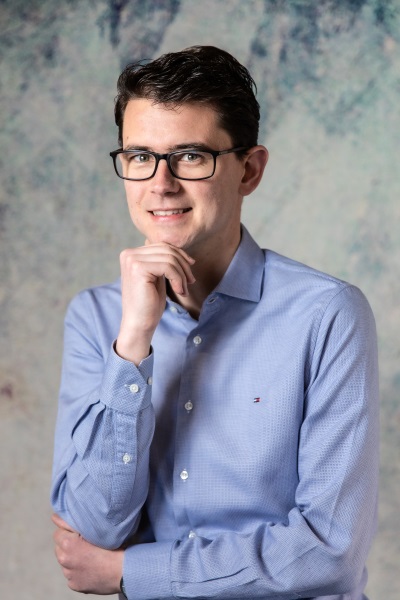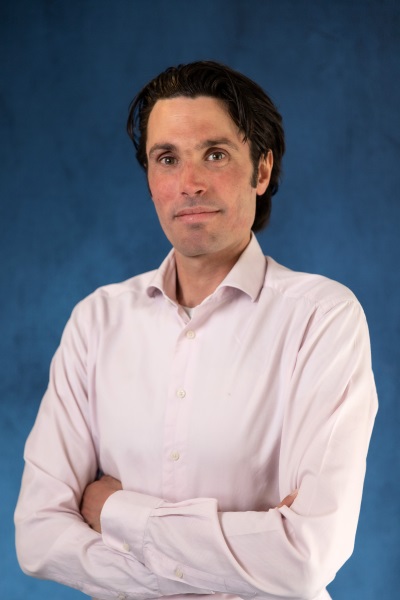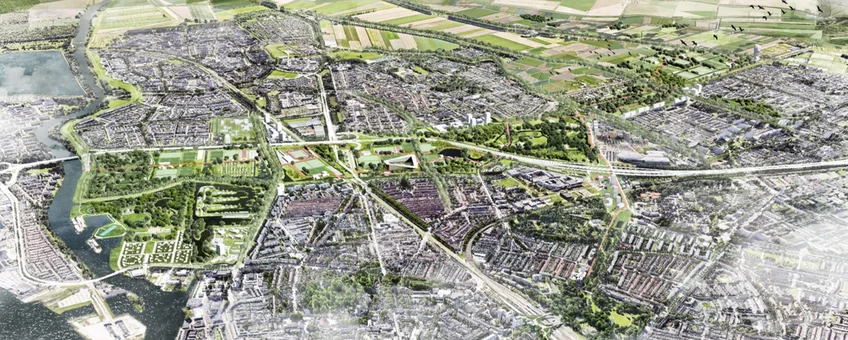Urbanization and investment in nature and health go hand in hand in Dordrecht, the Netherlands
10 June 2021
- gebiedsontwikkeling, groen, groene baten, infrastructuur, MKBA
In the coming years, the municipality of Dordrecht will implement Agenda Dordrecht 2030. The ambition is a green, lively city with approximately 140 thousand resilient inhabitants, for whom the level of prosperity has been increased and which is socio-economically in balance. The resources released by the sale of Eneco shares provide a unique opportunity to realize these ambitions. Decisio used social business cases (MBCs) to provide insight into the economic and social effects of two of the seven projects that contribute to achieving the objectives. These projects are, on one hand, about urban densification and investments in accessibility in project Spoorzone and on the other about investments in natureand health in project Dordwijkzone (in collaboration with the RIVM). Mecanoo‘s visions formed the starting point of the MBCs.
Urban densification in the Spoorzone
In the coming years, the municipality of Dordrecht will implement Agenda Dordrecht 2030. The ambition is a green, lively city with approximately 140 thousand resilient inhabitants, for whom the level of prosperity has been increased and which is socio-economically in balance. The resources released by the sale of Eneco shares provide a unique opportunity to realize these ambitions. Decisio used social business cases (MBCs) to provide insight into the economic and social effects of two of the seven projects that contribute to achieving the objectives. These are urban densification and investments in accessibility in the Spoorzone and investments in green space and health in the Dordwijkzone (in collaboration with the RIVM). Mecanoo’s visions formed the starting point of the MBCs.
Densification in the Spoorzone
Dordrecht wants to find space for thousands of new homes and jobs by 2030, with an improved public transport system as one of the cornerstones of the plan. In addition, the inner-city area development aims to strengthen the economic position of the entire city, to reduce the barrier effect of the railroad and to build a sustainable, healthy and climate-adaptive Dordrecht. Investing in public space, infrastructure and public transport is highly desirable.
The plans in the Spoorzone vision (excluding investments in the railway) are financially unprofitable. For the municipality, the shortage per house is several tens of thousands of Euros. This means that the municipality will not recoup its investments in public space and local infrastructure directly from the revenues of the houses. At the same time, there are non-financial social effects that are important to the municipality of Dordrecht and justify the public investment. These are, for example, benefits that arise around liveability and accessibility by the arrival of new stations, the (re)orientation of walking and cycling routes and the reduction of the experienced barrier effect. Various (local) economic effects also arise: On the one hand this is expressed in more employment and higher turnover for entrepreneurs and local businesses. On to the other In addition, the densification of the Spoorzone will contribute significantly to the agglomeration force of Dordrecht.
Including the broader social effects of the Spoorzone vision, the financially unprofitable top (including the local measures in infrastructure and public space) will not be recouped within 30 years. A longer time horizon of 50 or 100 years shows a positive social return on the whole project. For the Spoorzone, the development of the railway is an important precondition. Also, an attractive residential and living climate, which is guaranteed by the project Dordwijkzone, is assumed (see below).
Transformation Dordwijkzone offers opportunities
In times of further densification of Dordrecht, the transformation of the Dordwijkzone is crucial for a liveable, healthy, future-proof and sustainable city. In 2021, the Dordwijkzone looks like a continuous and uninterrupted green area, but in reality it is cleaved by barriers and largely inaccessible for residents (for example, because of closed sports grounds). To transform the Dordwijkzone from a buffer zone into an accessible central park, Mecanoo’s vision provides for various spatial interventions. For example, the sports facilities will be made accessible to all residents of Dordrecht, the area will be further opened up by an attractive network of cyclists and pedestrians, and it will be given green and ecologically valuable connections.
The interventions to transform the Dordwijkzone into an attractive and public city park will incur costs. But, the transformation also creates positive effects. The RIVM calculated with that the investments in green are socially very profitable. A greener and more accessible city park makes Dordrecht much more attractive as a place to live, while it also encourages people to become more active, to get more exercise and to play sports. The Dordwijkzone is also capable of retaining more carbon and water and cooling Dordrecht in hot summers. In addition to these benefits, there are also benefits around the local economy (employment in the city park) and mobility (increased bicycle use).
Considering the various effects, it is profitable to invest in the Dordwijkzone. This means that the investments in the city park will more than recoup themselves socially, over a period of thirty years, because the liveability will increase significantly and more people will exercise. At the same time, the project is an important investment in Dordrecht in view of the urbanization challenge and climate change.
For more information about the collaboration with RIVM and the Green Benefits Planner see this message.
Urban densification and greenification are interrelated
The Spoorzone and Dordwijkzone projects focus on different themes. Whereas the Spoorzone aims to improve the socio-economic position of Dordrecht by creating more jobs, more housing and strengthening facilities, the Dordwijkzone aims to create a liveable, healthy and attractive city. The projects and the social business cases are theoretically and mathematically independent from each other, but in practice they are definitely connected. The quality of life and work may come under pressure if Dordrecht densifies. The green-blue structures in the Dordwijkzone, on the other hand, offer relief and guarantee the future resilience of the city. In a certain sense, the Dordwijk zone is therefore a precondition for a liveable and healthy densification of Dordrecht.
More information?
In recent years Decisio has compiled social business cases or SCBAs for various integrated area development projects (where living, working, accessibility, sustainability, health, liveability, inclusiveness all come together). The analyses contribute to insights into socially profitable investments and the broad welfare of cities. For more information please contact Daan van Gent, Sibren Vegter or Pim van der Zwet.
See also

Daan van Gent
Partner
020 - 670 05 62d.vangent@decisio.nl

Sibren Vegter
Senior Consultant
+31 20 670 05 62s.vegter@decisio.nl
